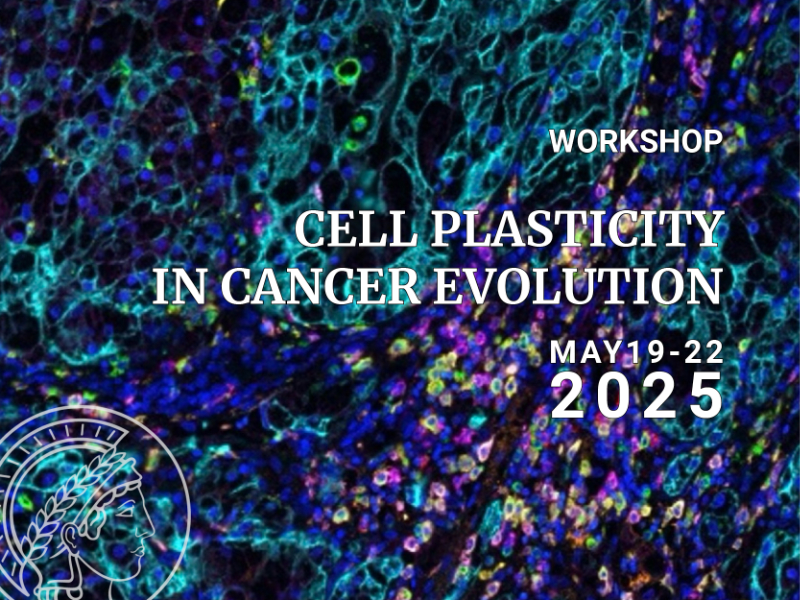Speaker
Description
Tumor heterogeneity significantly complicates cancer treatment and prognosis.
Our recent findings demonstrate that the transcriptional dosage of the oncogenic form of the KRAS gene drives tumor evolution in lung adenocarcinoma. Using mouse models, CRISPR activation screens, and chromatin profiling, we showed that - despite being already mutated and copy-number amplified - a mild transcriptional amplification of oncogenic KRAS further accelerates tumor progression and metastasis. High and low KRAS dosages integrate inflammatory and TGFβ signaling into transcriptional responses, thereby defining specific cancer cell states. Clinical data confirm that variations in KRAS dosage correlate with patient survival outcomes and distinct cell states. Direct KRAS inhibition suppresses the proliferative, KRAS-high state while sparing a residual ciliated-like, KRAS-low state, providing insights into resistance mechanisms. Collectively, our work highlights how a cancer cell intrinsic feature such as the dosage of a driver oncogene alone dictates tumor heterogeneity and evolution, offering crucial insights into therapeutic strategies targeting KRAS-driven cancers.

